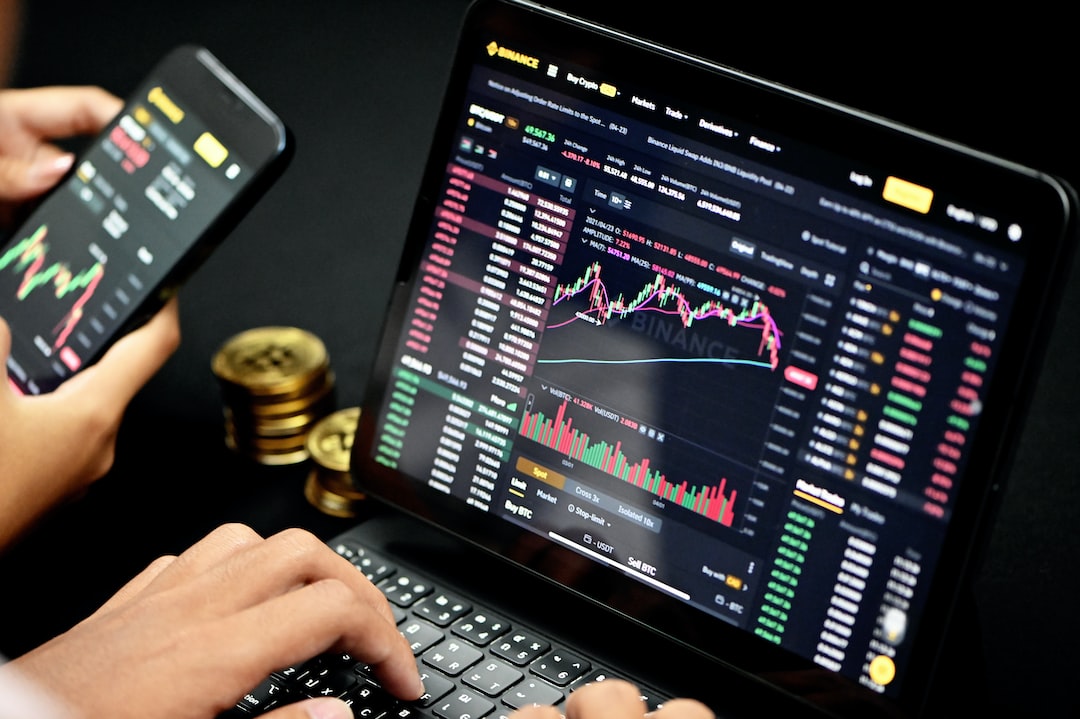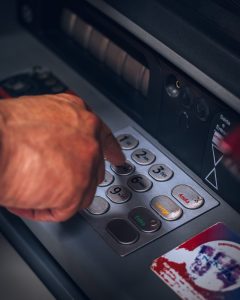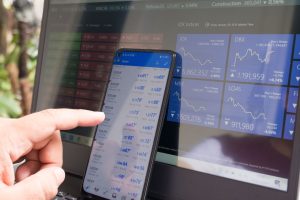Forex trading, also called foreign exchange trading, is the buying and selling of currencies in the global market. It is the largest and most liquid financial market in the world, with trillions of dollars traded every day. Forex trading involves speculating on the value of one country’s currency against that of another, with the aim of making a profit.
The foreign exchange market is decentralized, which means that there is no central exchange or clearinghouse. Instead, forex trading takes place over the counter (OTC) through a global network of banks, brokers, and traders. This means that forex traders can trade 24 hours a day, five days a week, all around the world.
Forex trading is based on the principle of currency pairs. When you trade forex, you are buying one currency and selling another at the same time. For example, if you believe that the value of the euro will rise against the US dollar, you would buy the EUR/USD currency pair. If you believe that the value of the euro will fall against the US dollar, you would sell the EUR/USD currency pair.
The price of a currency pair is determined by supply and demand. If there is more demand for a currency, its value will rise. If there is more supply, its value will fall. Forex traders use a range of technical and fundamental analysis tools to predict currency movements and make trading decisions.
Forex traders can choose to trade through a variety of platforms, including desktop, mobile, and web-based platforms. These platforms provide access to real-time market data, news, and analysis, as well as a range of trading tools and indicators.
One of the key benefits of forex trading is its high liquidity. Because the forex market is so large and active, traders can enter and exit positions quickly and easily. This means that forex traders have more flexibility and control over their trades, and can respond to market changes more quickly than traders in other markets.
Another benefit of forex trading is its low transaction costs. Unlike traditional stock trading, which often involves high commissions and fees, forex trading typically has very low transaction costs. This means that forex traders can trade more frequently and with smaller amounts of capital, making it accessible to a wider range of investors.
However, forex trading also carries significant risks. Because forex trading involves high leverage, even a small move in the market can result in large losses. In addition, forex traders must contend with currency fluctuations, geopolitical events, and other factors that can affect currency values.
To mitigate these risks, forex traders must be disciplined and have a solid trading plan in place. They must also be aware of their risk tolerance and use appropriate risk management strategies, such as stop-loss orders and position sizing.
In conclusion, forex trading is a complex and dynamic market that offers opportunities for profit, but also carries significant risks. To succeed in forex trading, traders must have a solid understanding of the market, a disciplined approach to trading, and an effective risk management strategy.





